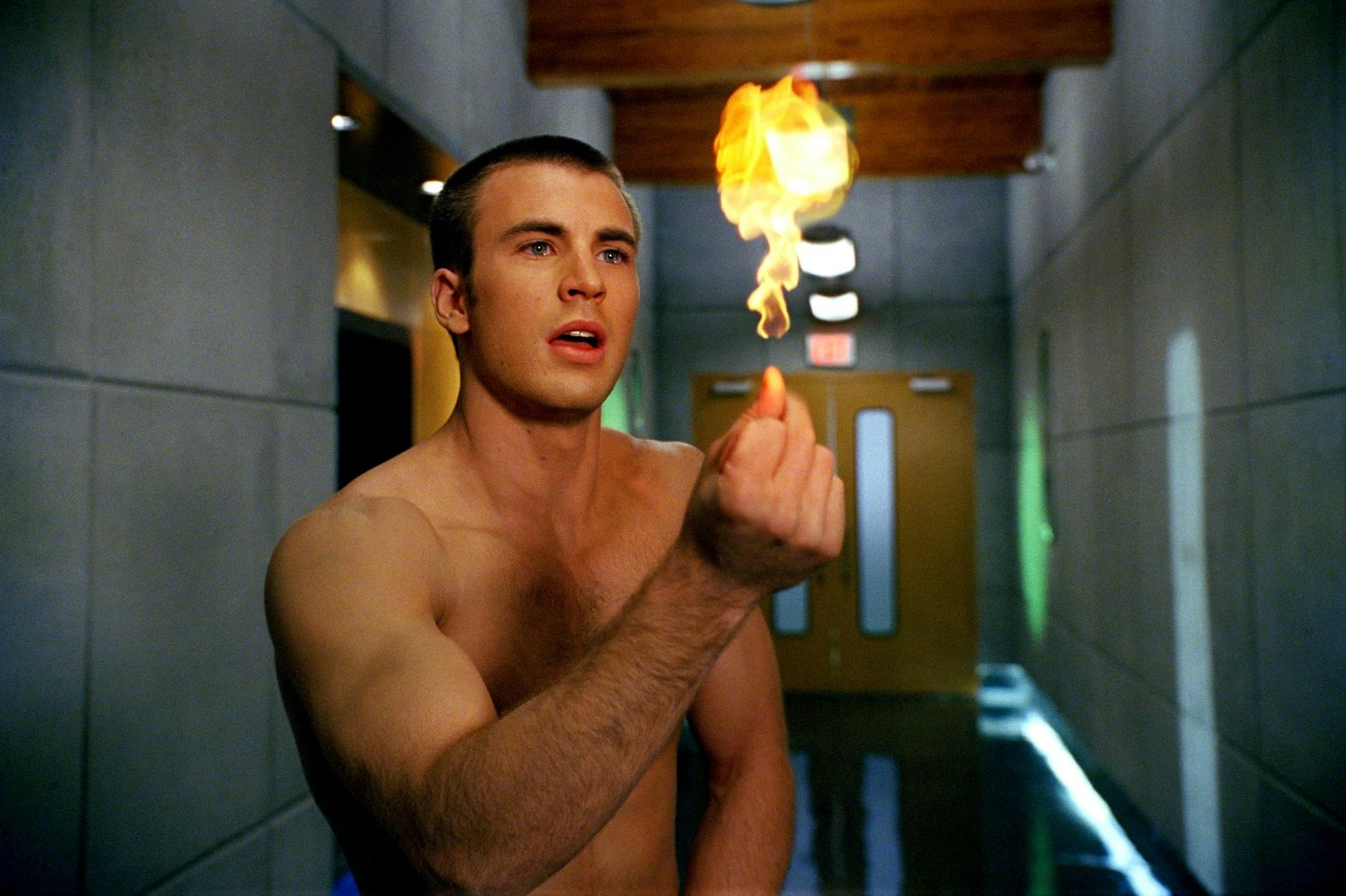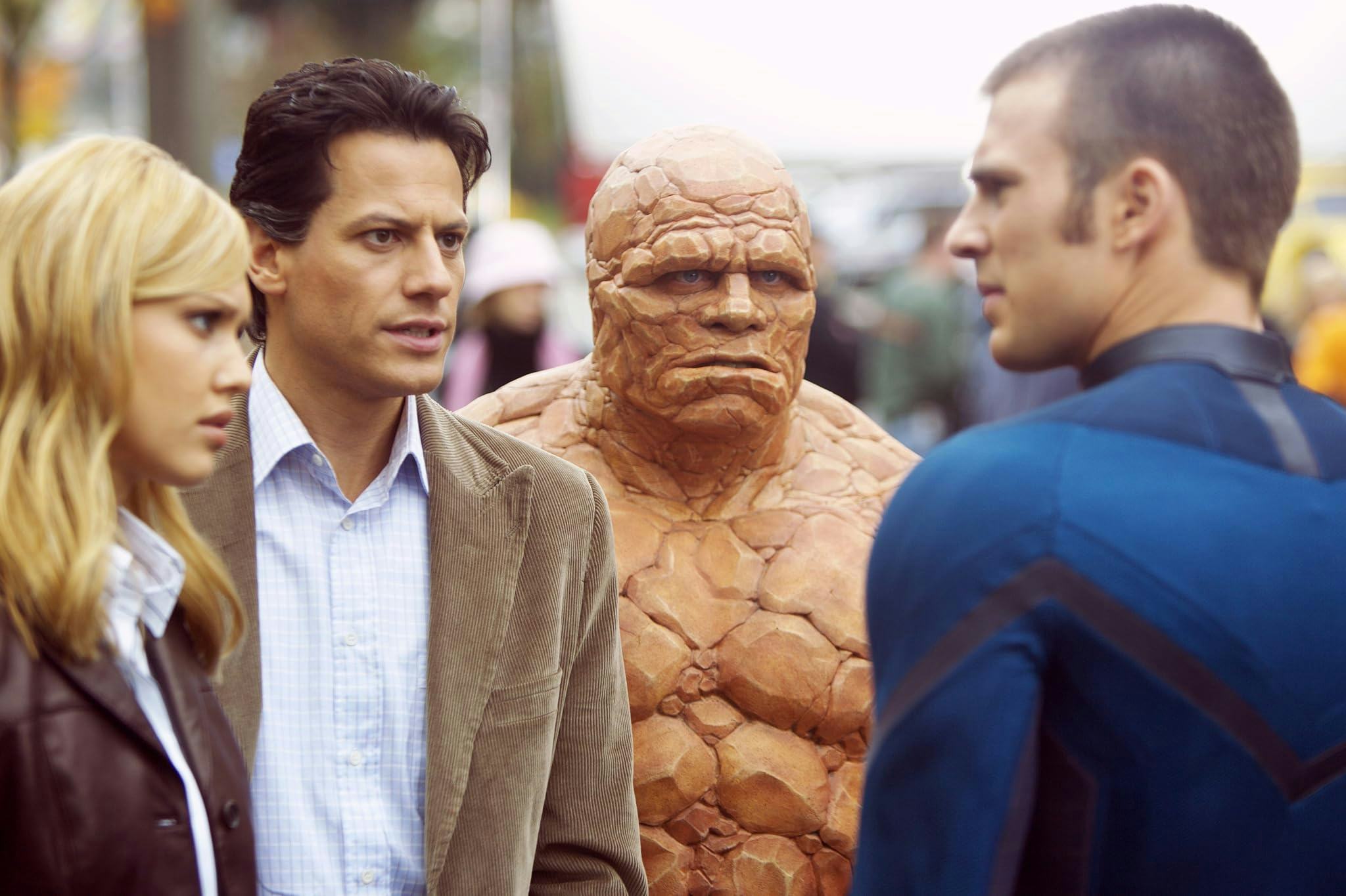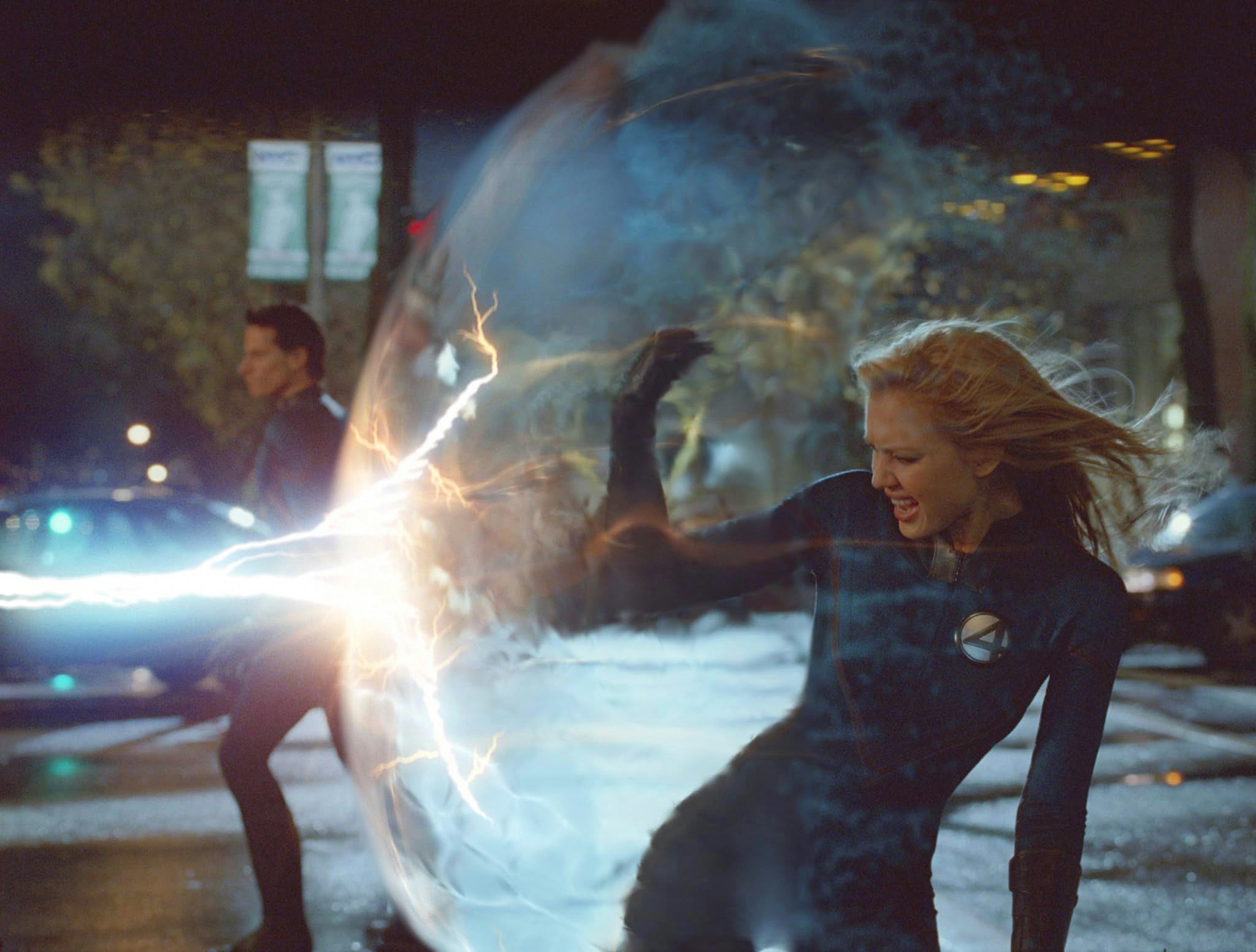
As far as cursed franchises go, the Fantastic Four is more afflicted than most. Marvel’s First Family is one of the most popular teams in comic book history, and Hollywood has spent the past 30 years trying to translate their success to the big screen... with mixed results. There have been three attempts to faithfully adapt the Fantastic Four on film — one of which never got the theatrical release it was promised — with a fourth set to hit theaters this summer. Fans are hoping that the latter, produced by Marvel Studios, will finally deliver the team out of its decades-spanning rut, but that’s still a lot of pressure to put on one film.
The Fantastic Four: First Steps already has a lot going for it. Its retrofuturist setting will undoubtedly set this film apart from its predecessors, while its cast seems to get what makes the Fantastic Four tick. It’s also set to (finally) depict one of the team’s most popular villains, Galactus, with the weight the character deserves. Still, it’s hard to fully buy into the fourth Fantastic Four reboot. Marvel’s marketing strategy has been strange to say the least: each trailer reveals another puzzling addition to the film, from the mystery of Franklin Richards to the Thing’s inexplicable facial hair. Director Matt Shakman is telling an ambitious new origin story — but could he also be biting off more than he can chew? When the dust settles, will we end up wishing Fantastic Four had tried to tell a simple story, as Fox did in 2005?
Fox’s Marvel universe has far from a perfect track record, but this parallel franchise did manage to hold onto something Marvel Studios can’t seem to achieve in its own cinematic universe: personality. Fox had two of Marvel’s greatest properties in the 2000s, and it labored for years to deliver worthy adaptations for each. X-Men went a long way in rehabilitating Marvel’s on-screen reputation in 2000, washing away the sting that lackluster movies like Punisher and Captain America had left in the ‘90s. Fantastic Four wasn’t far behind, even if Marvel and Fox had to wrestle control of the property from B-Movie producer Roger Corman and Neue Constantin Films, who held the rights to the team until 1994.
It took 10 years, and a handful of directors and writers, to bring the Fantastic Four to the finish line. Home Alone and Harry Potter filmmaker Chris Columbus was originally attached to direct the film, but after he departed the project, three other directors (most notably Ant-Man’s Peyton Reed and The Lord of the Rings star Sean Astin) came and went. Tim Story eventually took the helm in 2004, rounding up a perfect cast in Ioan Gruffudd, Jessica Alba, Chris Evans, and Michael Chiklis.

Whatever issues one might have with this Fantastic Four, it’s impossible to fault the actors embodying these characters. Sure, Alba and Evans might have been chosen as much for their star power (and, let’s be honest, abject hotness) as their artistic merit, but they each went the extra mile in capturing the essence of Sue and Johnny Storm. Gruffudd and Chiklis are likewise perfect as Reed Richards/Mister Fantastic and Ben Grimm/The Thing; to a generation of Marvel fans (this writer included), this quartet became the definitive version of the Fantastic Four. It didn’t hurt that the film scored a perfect antagonist in Julian McMahon, who brought a terrifying intensity to the team’s archnemesis, Doctor Doom. If only this cast had a better script to work with.
The problem with each Fantastic Four movie largely boils down to two things: tone and story. Fantastic Four rides a frequency that could be considered camp now, thanks to a rise in mid-2000s nostalgia. At the time, though, the film made critics everywhere cringe. Schlocky, objectifying humor was par for the course in 2005, but Story took that a bridge too far, particularly where the Storm siblings were concerned. As unbearable as Sue’s stripping scene and Johnny’s relentless womanizing are today, though, Fantastic Four does make up for it with plenty of substance elsewhere.
Fantastic Four tweaks the team’s origin story to make their relationship with Doom a touch more personal. He and Reed have a history, an enmity that’s laid bare in their introductory scenes. Their love triangle with Sue doesn’t feel all that forced either, thanks to the conviction each actor brings to the table. This script puts in real work to establish these characters, their unique personalities, and their relationships before their fateful trip into space. The dysfunction is palpable even before an errant cosmic anomaly grants them their powers, and that sets the stage for the hijinks (which are so much fun) and eventual showdown (not so great) that dominate the second half of the film.

Fantastic Four is far from perfect, even for those who look back fondly on the film. For all its faults, though, it knew what it wanted to be — and how to present Marvel’s most legendary characters to a modern audience. The team’s final confrontation with Doom does leave a bit to be desired (Story reportedly had to change the film’s third act to put some distance between Fantastic Four and The Incredibles), but it’s certainly comforting to follow a pared-down superhero film in an era where the spectacle just keeps getting bigger. Fantastic Four’s stakes are purely emotional, and that focus aligns perfectly with Kirby’s original comics. No other adaptation has been able to achieve that — and it’s hard to say whether the MCU will manage to break the curse of its own making with First Steps.







